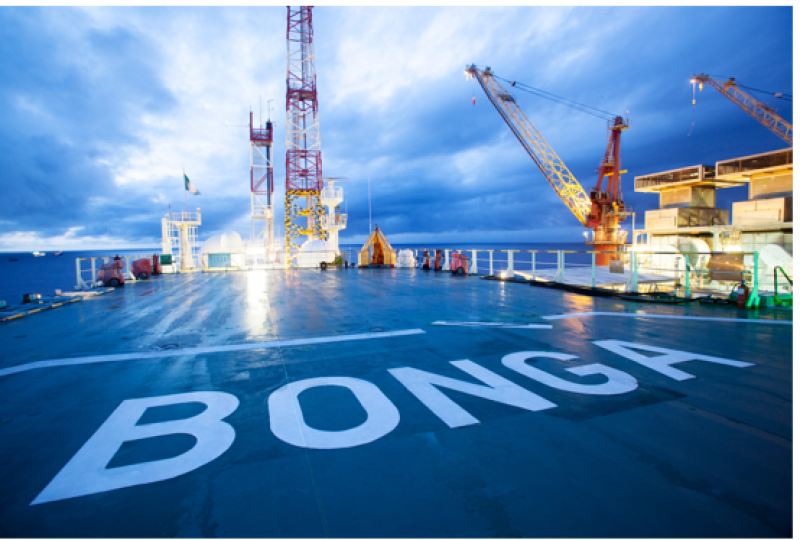British energy giant Shell has announced it is selling its onshore Nigerian subsidiary, Shell Petroleum Development Company of Nigeria (SPDC), to Renaissance, a consortium of four local firms and a Swiss-based investment group.
The deal, valued at $2.4 billion, represents a notable pivot for Shell, moving away from its longstanding yet troubled operations in the Niger Delta to concentrate on its offshore and integrated gas projects.
The assets involved in the sale of SPDC, which was formed alongside former partner BP in 1979, held proven reserves of 458 million BOE as of the end of 2022.
Shell said its sale agreement ensures the preservation of SPDC’s operational and technical capabilities in support of established joint ventures. Shell added that employees will retain their positions during the transition to new ownership.
The transaction's completion is pending approvals from the federal government of Nigeria and other regulatory bodies.
“This agreement marks an important milestone for Shell in Nigeria, aligning with our previously announced intent to exit onshore oil production in the Niger Delta, simplifying our portfolio and focusing future disciplined investment in Nigeria on our deepwater and integrated gas positions,” Zoë Yujnovich, the integrated gas and upstream director for Shell, said in a statement.
Financial details of the transaction include a $1.3 billion payment from the buyers to Shell, with an additional $1.1 billion related to previous receivables, payable upon completion. Shell is also providing loans up to $1.2 billion to meet various funding needs of SPDC, alongside an extra $1.3 billion to finance SPDC’s share of joint venture gas projects supplying Nigeria LNG.
The SPDC joint venture accounts for about 10% of Nigeria’s natural gas production and operates more than 260 oil wells, 56 gas wells, and six gas plants.
The joint venture consists of SPDC (30%), the state-owned Nigerian National Petroleum Corporation (55%), Total Exploration and Production Nigeria Ltd. (10%), and Nigeria Agip Oil Company Ltd. (5%). It holds 15 onshore oil licenses and three shallow-water licenses.
Shell’s 25.6% interest in Nigeria LNG, which exports LNG globally, is not included in this deal. Shell's other businesses in Nigeria that fall outside of the scope of this deal include the Shell Nigeria Exploration and Production Company, which is the firm's deepwater operator, and Shell Nigeria Gas which markets gas domestically.
Shell has been signaling its intention to divest from the Niger Delta assets since 2021, amidst legal challenges and controversies related to oil spills and civil unrest in the region.
While acknowledging its own operational mistakes, Shell has maintained that most of the Niger Delta’s environmental damage stems directly from unauthorized activities along its pipelines and infrastructure such as oil theft, sabotage, and illegal refining.
The strategic repositioning also follows similar moves made by international explorers ExxonMobil, TotalEnergies, and Equinor that since 2022 have all announced divestments from their respective Nigerian ventures.
These large operators have retreated from Nigeria as the country has seen its crude output slide from an average of 2.15 million B/D in 2010 to 1.3 million B/D in 2023.
The Nigerian government, aiming to reverse the trend and revitalize its upstream sector, is seeking to attract over $50 billion in new capital projects in the next five years.
In December, after Nigeria’s withdrawal civil claims against Shell in an Italian court, President Bola Tinubu disclosed that Shell shared with him plans for a $6 billion investment in Nigeria LNG and the company’s existing Bonga North deepwater project. Shell confirmed to Reuters that the talks took place but declined to comment on the matter further.


